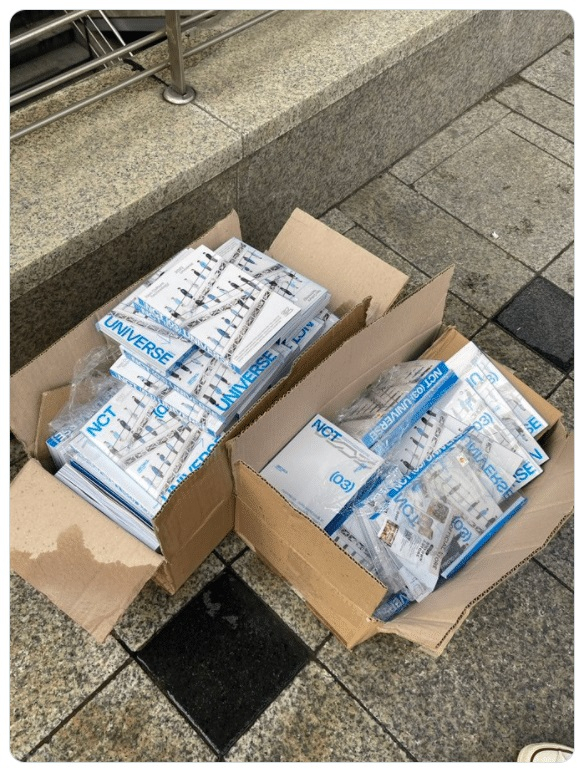
The South Korean government is aiming to promote environmentally friendly album production practices in the K-pop industry due to growing concerns about the negative impact of excessive album packaging on the environment. The Ministry of Environment, in partnership with the Ministry of Culture, will provide consulting services to K-pop agencies, with a focus on educating them about existing regulations on excessive packaging. These regulations, which currently do not apply to K-pop albums, restrict packaging to a single layer and require that empty space within the package does not exceed 50 percent. However, the Ministry of Environment recognizes the challenges of applying these regulations to albums sold globally and hopes to encourage voluntary compliance through guidance and individual consulting services for local entertainment agencies. The K-pop industry has seen a surge in physical album sales, driven by marketing tactics that incentivize bulk purchases through the inclusion of randomly selected photo cards in elaborate albums made with non-recyclable packaging. This has raised concerns about the environmental impact and led to calls for regulations, as some argue that entertainment companies are exploiting fan loyalty to boost sales. Financial reports show that album and digital music sales contribute significantly to the revenue of major K-pop agencies, highlighting the industry's heavy reliance on album sales. Despite the difficulties in regulating global album sales, the government aims to encourage eco-friendly practices and voluntary compliance within the industry.
